Richard Bradley (LSE): “Social Ethics Under Ambiguity”
In his two famous papers of 1953 and 1955 defending Utilitarianism, Harsanyi draws on the same simple idea: that to determine what is morally best we should put ourselves in the shoes of an impartial, but sympathetic, rational evaluator of states of affairs that differ in terms of the wellbeing of the various individuals within them. In this talk, I will pursue a similar thought experiment, but depart from Harsanyi in two ways. Firstly, I will allow that the impartial or social evaluator take attitudes to uncertainty that are ruled out by expected utility theory, but which various rival theories of rationality regard as reasonable; especially in situations of ambiguity in which the evaluator has insufficient information to assign precise probabilities to the various possible states of affairs. Secondly, I will allow that they take attitudes to inequality that are disallowed by Utilitarianism but which are regarded as reasonable (or even mandatory) by rival social ethics. Despite this permissiveness, it turns out that impartial evaluation governed by minimal conditions of rationality and sympathy impose strong constraints on evaluations of individual and social wellbeing.
Richard Bradley is a Professor in the Department of Philosophy, Logic and Scientific Method. He works broadly in decision theory and related fields such as formal epistemology and semantics.


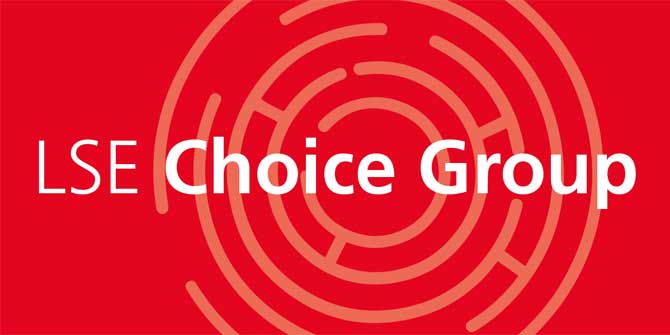

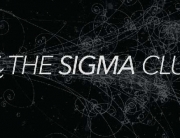











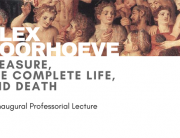
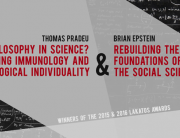
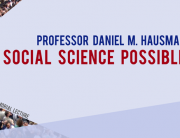




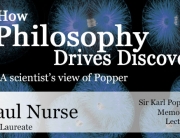
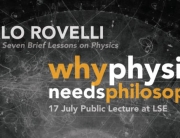

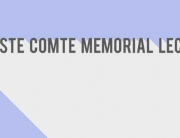
Connect with us
Facebook
Twitter
Youtube
Flickr